
Recent developments in the Arctic have garnered international attention, especially with NATO conducting a significant military exercise in Greenland. Traditionally, the US has been a dominant player in Arctic defense. However, this time, American forces were notably absent. This absence raises critical questions about the evolving power dynamics in the region.
Danish officials have begun to take center stage, signaling a potential shift in leadership and strategy in the Arctic. “This could redefine how we approach our security,” noted a defense analyst, highlighting the implications for both regional stability and international relations.
Greenland’s Military Ambitions
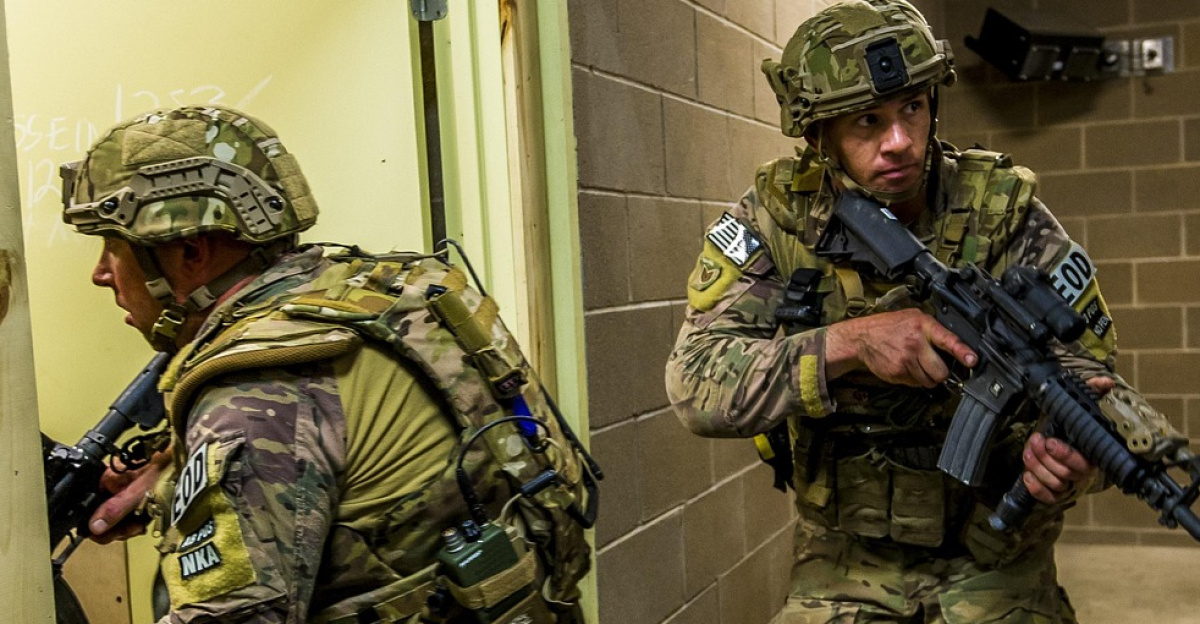
Dubbed “Arctic Light 2025,” the ongoing military exercises in Greenland mark a pivotal moment in the island’s defense history. This operation is touted as the largest military drill Greenland has ever witnessed, amid renewed geopolitical rivalries. The scale and timing have drawn the attention of NATO planners and neighboring nations.
The conspicuous absence of American forces suggests a potential recalibration in the strategic landscape of the Arctic. “The stakes have never been higher for Greenland,” remarked a local community leader, emphasizing the exercise’s significance for the region.
Historical Context
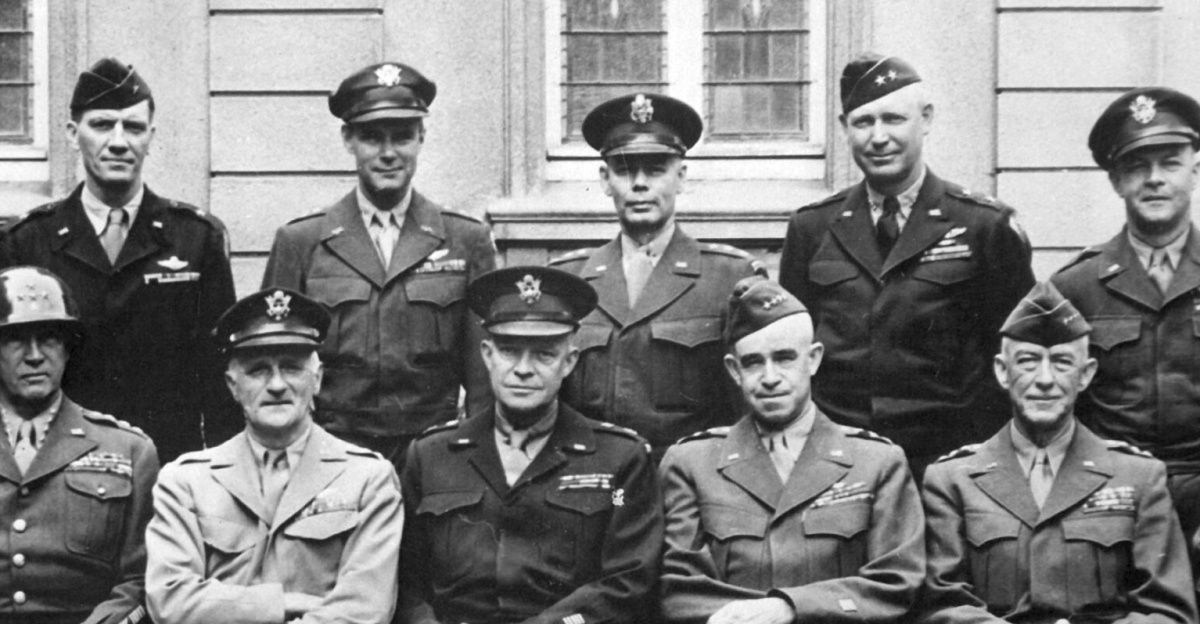
The American military’s influence in Greenland has deep roots, dating back to World War II, when Thule Air Base, now known as Pituffik Space Base, became crucial for US Arctic operations. For decades, the US and Denmark worked closely to shape Greenland’s security architecture, blending American and European defenses.
As Denmark manages its sovereignty over Greenland, this historic cooperation raises questions about future defense strategies. A veteran at Pituffik remarked, “We’ve always been part of something bigger here. It’s unsettling to see things changing.”
New Pressures Emerge
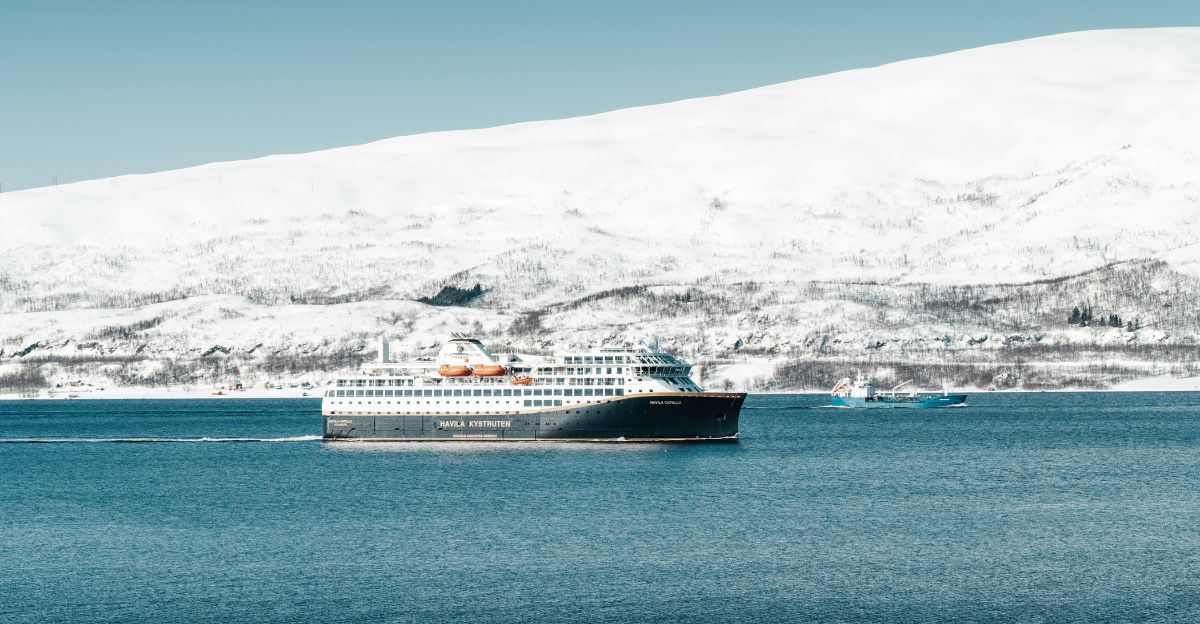
The Arctic is undergoing rapid transformations due to climate change, with melting ice uncovering new shipping routes and natural resources. Greenland’s strategic importance intensifies as Russia and China bolster their regional interests. With these changes, there’s an increasing demand for closer ties among European nations to ensure security.
Recent moves by NATO’s northern members highlight heightened concerns regarding Russian military activities and cyber threats. “We can’t ignore the shifting tides,” stated a local fisherman worried about the implications for his livelihood and the environment.
Denmark Claims Leadership

In September 2025, Denmark orchestrated its largest Arctic military exercise on Greenlandic soil without inviting US participation. This unprecedented decision surprised many in the defense community. While Danish defense officials clarified that the US was kept informed, American forces were deliberately excluded from participating in the drills alongside European partners.
“This was a chance for Denmark to assert its leadership,” a European defense analyst explained. The move undeniably signaled a shift in the region’s military leadership, leaving the US to ponder its position in Arctic affairs.
Local Reactions
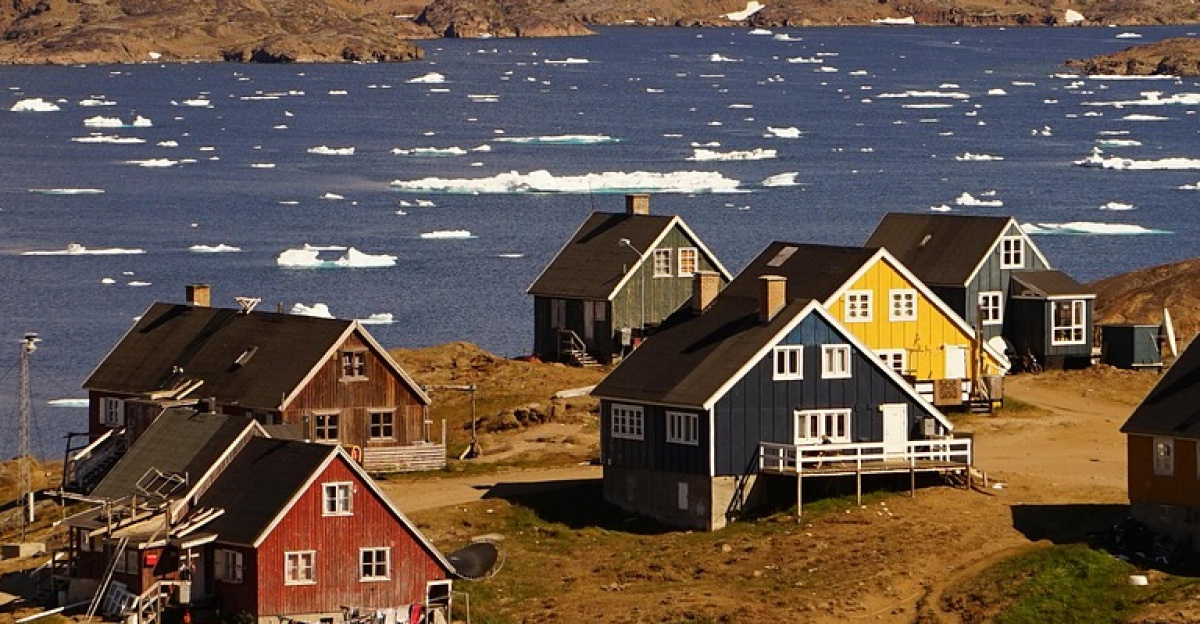
The deployment of European troops in Greenland has noticeably changed the dynamics on the ground. Residents observed a surge in military activity, which included new equipment and flights from Denmark, France, Germany, Norway, and Sweden.
While many Greenlanders welcomed the presence of foreign allies, some voiced concerns about increasing militarization in their homeland. “It feels strange to see so many soldiers here,” a local shop owner admitted. “We just want to maintain peace and keep our home safe.”
A Strategic Shift
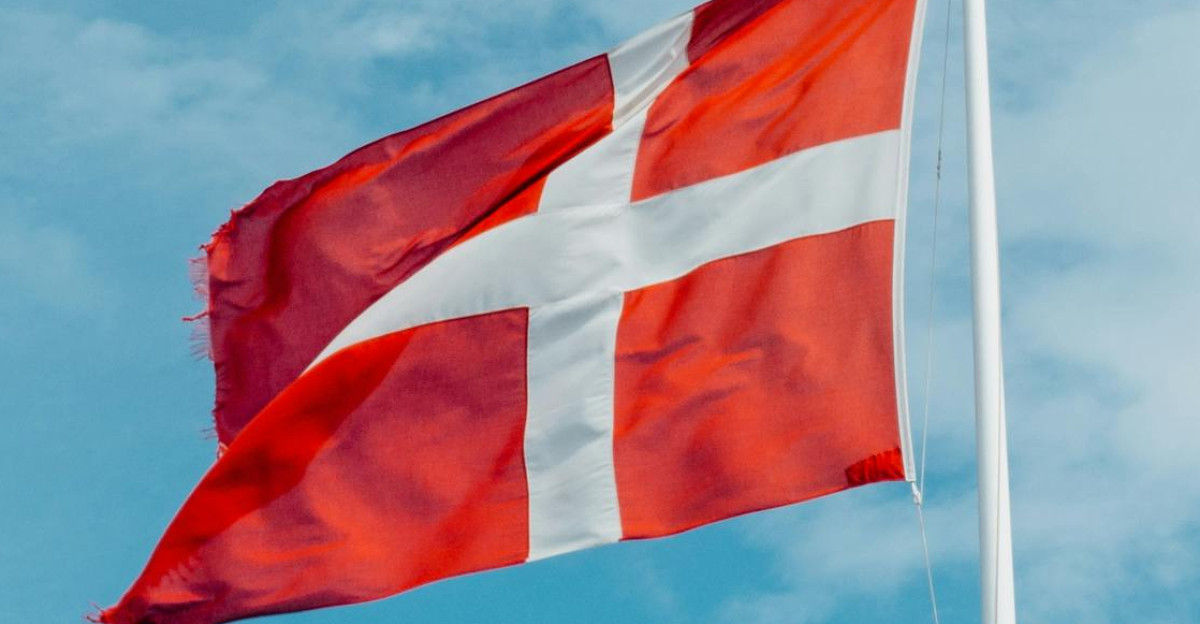
Danish Arctic commander Soren Andersen commented, “We continue robust cooperation, but Denmark is signaling that we manage Greenland, not the US.” This statement illustrates Denmark’s intention to enhance its stewardship over Greenland’s defense, reflecting broader geopolitical shifts.
Analysts interpret this move as a deliberate assertion of authority, emphasizing visibility and sovereignty in Arctic affairs. “The decisions made today will shape the future of our region,” said a military historian, suggesting the ramifications extend well beyond the immediate exercise.
Allies Unite
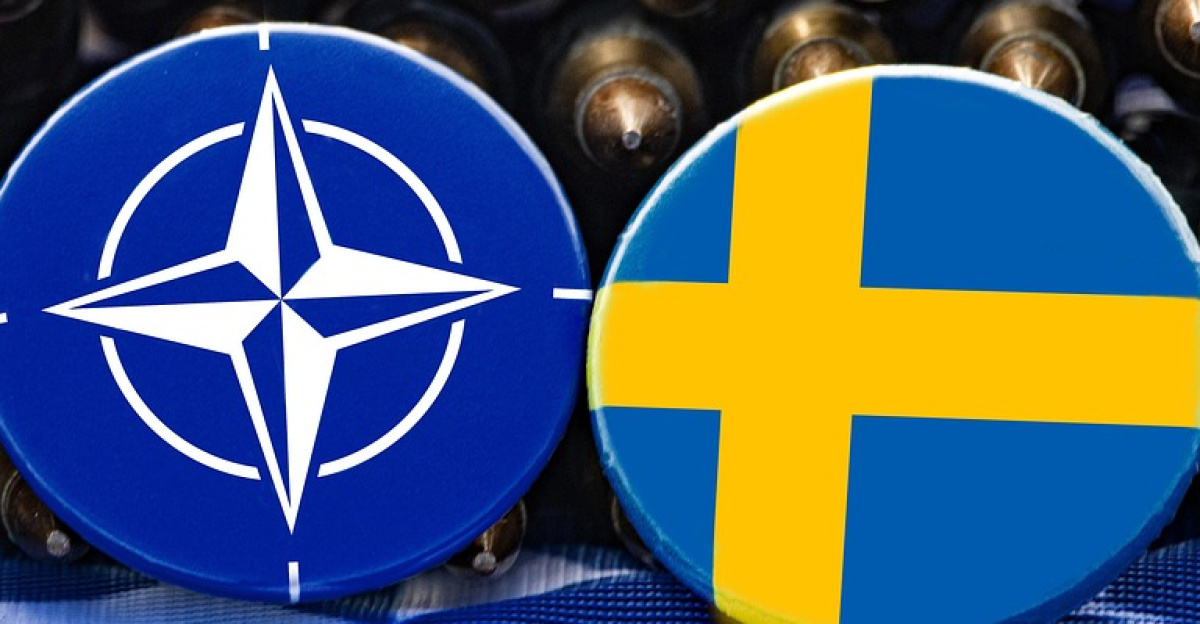
Without US forces, Denmark has stepped up to fill the leadership void, bolstered by support from NATO allies. Countries like France, Germany, Sweden, and Norway dispatched troops and equipment for cold-weather maneuver drills alongside Danish forces.
This collaboration fosters mutual readiness and tests European defense strategies amid a changing landscape. “It’s vital for us to work together now more than ever,” noted a NATO official, emphasizing the importance of united efforts in Arctic security initiatives.
Europe Takes Charge
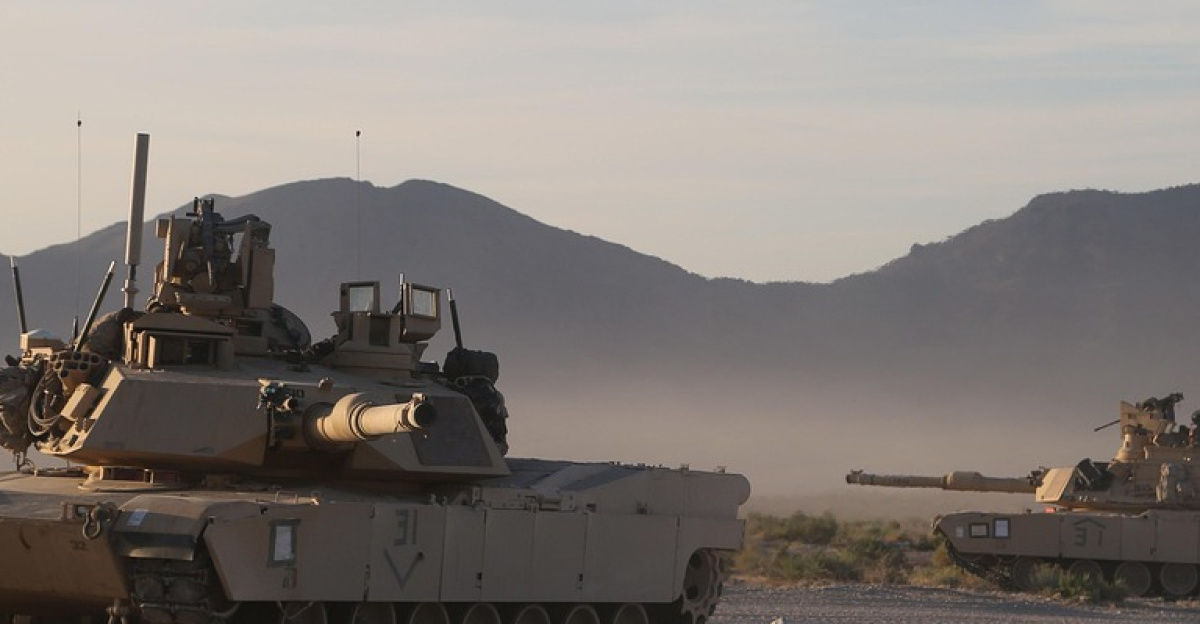
The exclusion of US military participation in this exercise fits into a broader narrative evolving in Europe. With ongoing discussions focusing on enhancing defense capabilities post-Ukraine, the Greenland military exercise symbolizes Europe’s intent to take greater responsibility for its security.
Observers see this as both a strategic and symbolic move. “It’s a wake-up call for Europe,” emphasized a defense strategist, signaling a shift as European nations adjust to new realities in global security dynamics.
Pituffik’s Subtle Role

Interestingly, the US-operated Pituffik Space Base was not part of the recent drills, emphasizing a rebalancing of roles historically held by American forces. While US personnel remain active in managing this vital tracking and early-warning facility, their exclusion from Denmark’s exercise hints at changing priorities in Arctic defense.
“This underscores the complexity of current defense arrangements,” said a military analyst, drawing attention to the evolving dynamics in Greenland and across the Arctic region.
Underlying Frustrations

The absence of US military forces has sparked quiet frustrations among US officials. Many in Washington reflect on the challenges of maintaining their influence in Arctic security amidst shifting alliances.
Meanwhile, European diplomats carefully respect Denmark’s choices, advocating for ongoing transatlantic cooperation. “We need to keep the lines of communication open,” a US diplomat stated, delicately indicating a desire to navigate these complexities as military planners redefine US Arctic access strategies.
Affirming Sovereignty

Denmark’s prominent role in the recent military exercise underscores its legal authority over Greenland’s defense, which has been solidified through autonomy agreements and NATO protocols.
By leading this exercise, Denmark has visibly asserted its rights and responsibilities, countering existing narratives that question its governance. “This is our moment to showcase our commitment,” a Danish defense spokesperson remarked. The exercise signals regional unity and reaffirms Denmark’s position as a central figure in Arctic security dynamics.
International Implications

As military exercises in Greenland unfold, the international community watches closely. The distinct absence of American forces raises concerns about how this shift may impact the larger geopolitical climate in the Arctic.
With Russia’s assertiveness and China’s increasing interests, the actions taken now could set precedents for future international relations. “We need to tread carefully,” cautioned a foreign policy expert, recognizing how each decision can echo throughout the region and beyond.
Spotlight on Economic Interests

As military activities increase in the Arctic, economic interests also emerge. The melting ice opens shipping lanes and unveils untapped resources that various nations vie for. With its significant mineral resources, Greenland becomes a focal point amid these developments.
“We’re sitting on a goldmine,” said a local miner, reflecting the opportunities and challenges the region’s new economic landscape presented.
Cultural Considerations

The surge in military presence in Greenland doesn’t just pose political and economic questions; it also touches on cultural sensitivities. Greenlanders have long had a unique relationship with their land, and rapid changes are causing unease in some local communities.
“Our way of life is being challenged,” a local elder expressed, emphasizing the need for careful consideration of Indigenous perspectives as strategic decisions unfold in the region.
Geopolitical Chessboard
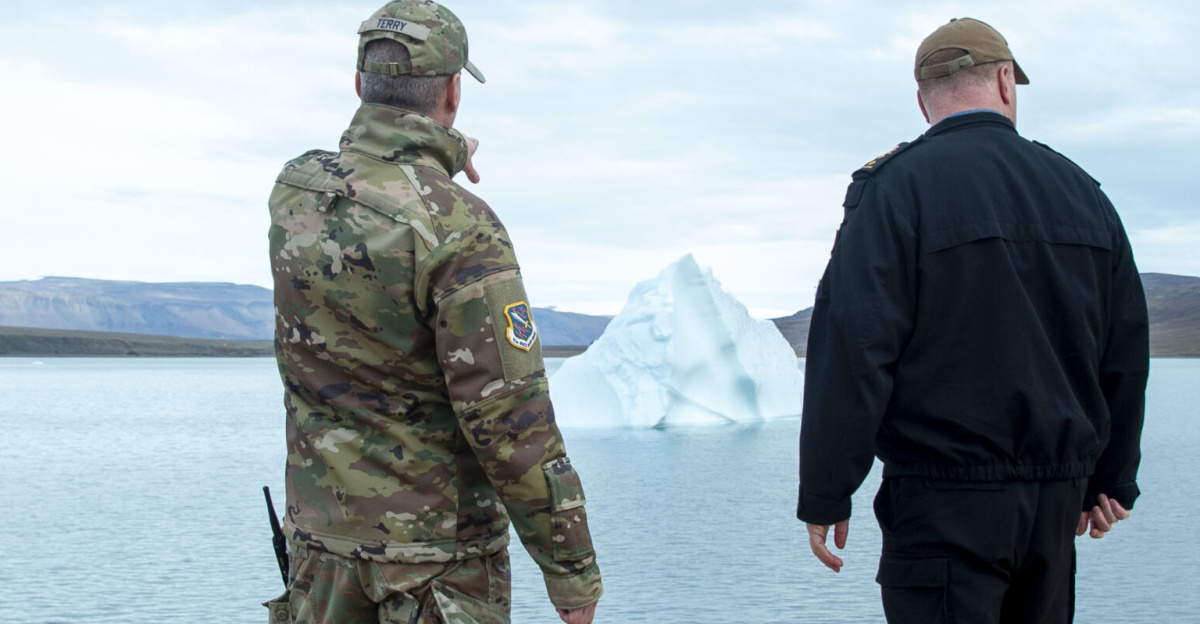
The Arctic has increasingly become a geopolitical chessboard where nations position themselves for future advantages. Denmark’s leadership role and strategic maneuvers highlight how Arctic nations navigate newfound complexities.
As strategies evolve, many analysts believe collaborative approaches will be vital. “It’s a game of alliances,” remarked a political scientist, emphasizing the importance of diplomacy and shared interests to ensure regional stability and mutual benefit.
Building Military Capacity
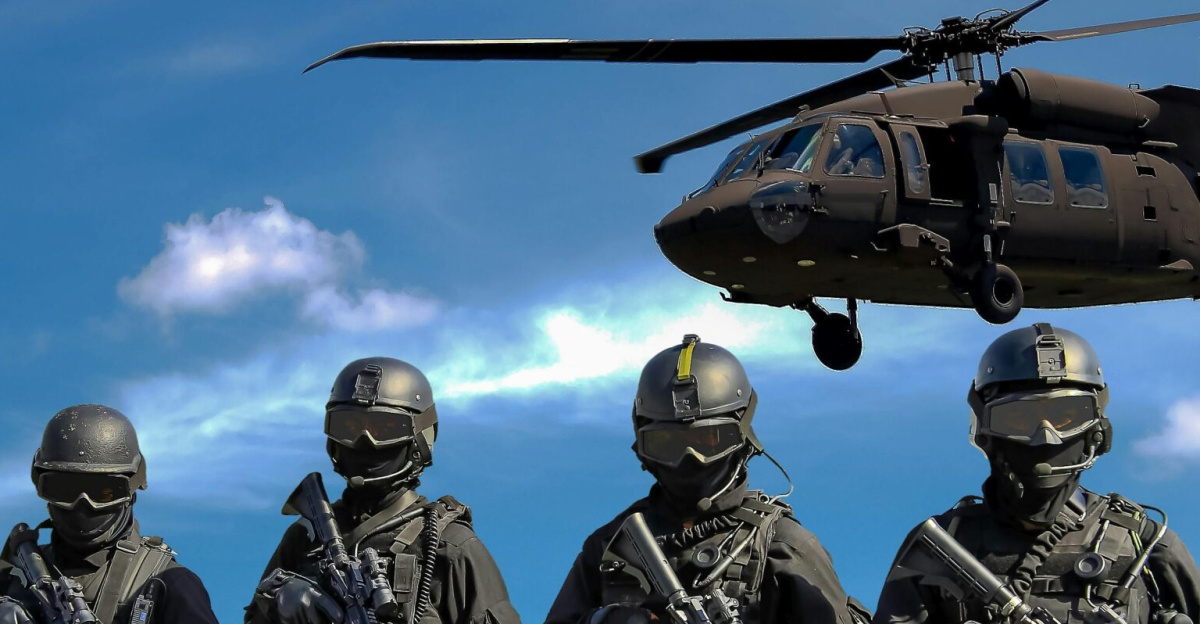
The shift towards greater European military capacity is not merely about exercises but also involves significant investment in defense infrastructure and capabilities. Countries are prioritizing modernization and readiness to address evolving threats.
An EU defense official remarked, “We are committed to building our capacity. It’s about ensuring we can protect our interests in the region.” This proactive stance may lead to a more robust and self-reliant European defense framework in the Arctic.
Navigating Tensions

With rising tensions and competing interests, the challenges of navigating Arctic security are becoming increasingly complex. As nations assert their claims and conduct military exercises, dialogue becomes paramount.
Diplomats are encouraged to seek pathways towards cooperation rather than conflict. A seasoned diplomat asserted, “Engagement is key. We must work collaboratively to prevent misunderstandings and foster peace in these critical waters.”
Preparing for the Future
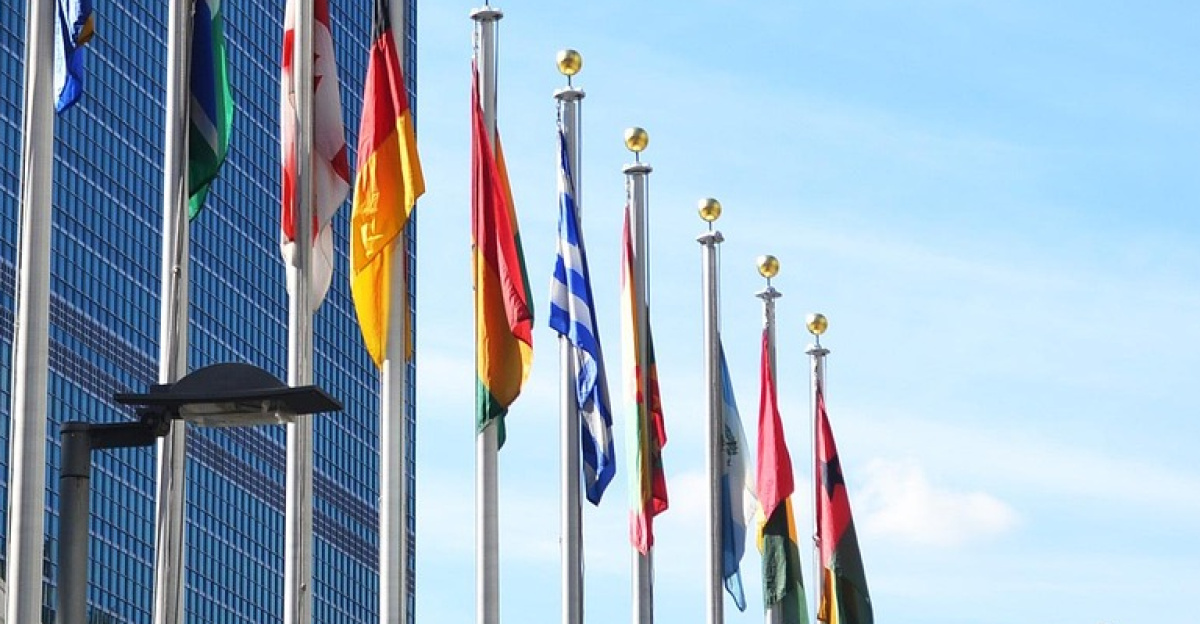
The developments unfolding in the Arctic signal the need for nations to rethink their long-term strategies. As the landscape changes due to environmental shifts and geopolitical aspirations, countries must align their strategies accordingly.
A young activist from Greenland stated, “We must advocate for sustainable practices as we move forward. Our future depends on it.” This urgency for foresight underscores the importance of responsible stewardship over the Arctic’s vast resources.
A New Era
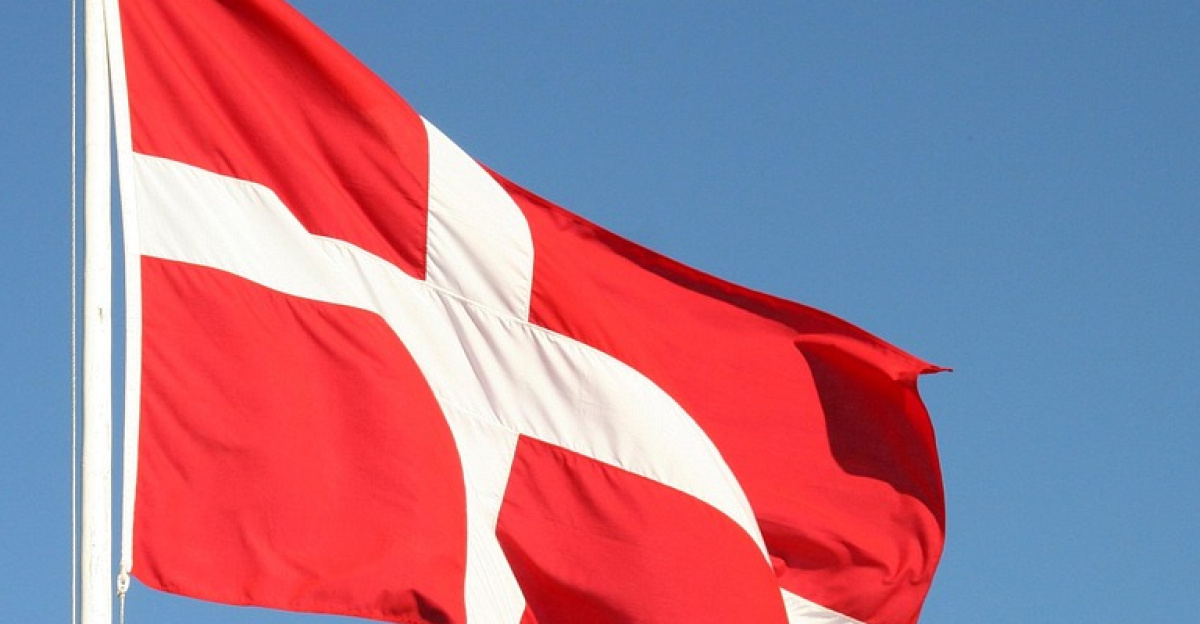
As the world turns its gaze toward the Arctic, the events unfolding in Greenland mark the dawn of a new era in international relations and security dynamics. Denmark’s leadership, the absence of US forces, and the involvement of European allies signify a shift that may redefine regional collaboration and power dynamics.
“We are on the brink of significant change,” a geopolitical analyst noted, indicating the need for ongoing dialogue and cooperation as the Arctic landscape evolves. Each decision made today will undoubtedly shape the future for generations to come.